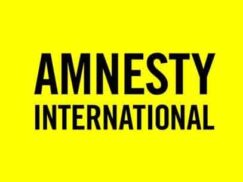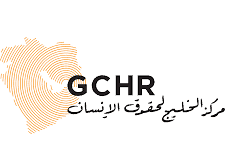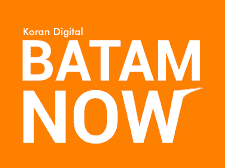UPDATES TO KAFALA
The definitive place to get the latest updates on Kafala.
The Middle East is a treasure trove for oil and gas and is known to attract scores of migrant workers across the globe. In Lebanon, a migrant worker’s residency right is pinned to a citizen’s sponsorship, also known as the Kafala system. The Lebanese Labour Law explicitly excludes Lebanese Domestic Workers & Migrant Domestic Workers (hereinafter “MWDs”) from the purview of the its Domestic Labour Law. It is stated that such an exclusion is in violation of its International Obligations. Through this article the author endeavours to bring to the fore the injustices meted out to the MDWs through its domestic policy as well as the recent decision of the Shura Council, the Highest Administrative Court of the Country by keeping in abeyance the implementation of the New Unified Contract.
Launch of Amnesty International’s global annual report. Pandemic lays bare systemic inequality in MENA and worldwide with refugees, migrants and prisoners severely impacted.Throughout 2020 MENA governments ramped up assault on freedom of expression and in some cases punished health workers who spoke out. World leaders hampered recovery by undermining international cooperation. New Secretary General Agnès Callamard calls for reset of broken systems.
Like many women from Madagascar, 22-year-old Mélanie emigrated to Saudi Arabia to work as a maid. When a video of this young woman’s burial in Saudi Arabia was posted online on March 15, it shocked people across Madagascar. It wasn’t just her brutal death, it was also because the footage showed a bulldozer being used to shovel dirt on her grave, a horrific sight for anyone from Madagascar, where burial rites are sacred. Human rights organizations are speaking out about the vicious human trafficking bringing domestic workers from East Africa to Gulf countries.
The coronavirus pandemic has made victims of hundreds of thousands of people around the world. Governments and NGOs around the world have mobilized people to treat patients and attempt to contain the epidemic. As gallant as the collective effort may be, there remains plenty of vulnerable people in dire, desperate conditions as a result of the pandemic’s spread. Among these, migrant domestic workers in the Middle East.
Following limited reforms to its controversial 'kafala' employment system, Saudi Arabia has banned employers from advertising for 'maids' and 'servants', saying that the word 'worker' should be used instead.
Saudi Arabia will announce an insurance scheme to compensate people if their domestic workers decide to leave their employers.
In a rare negative coverage against women’s rights in Qatar, Human Rights Watch (HRW) published a report on Monday slamming the country’s male guardianship laws that restrict women’s independence.
Migrant workers across the Middle East are not treated the same as the citizens in case of payment, compensation, promotion, training opportunities, in addition to medical care, and often have their basic rights violated, according to research by the Gulf Centre for Human Rights. This report focuses on violations in Saudi Arabia, Yemen and Lebanon.
Setidaknya puluhan keluarga di Indonesia melaporkan kehilangan anggota keluarganya yang bekerja menjadi TKI di Arab Saudi. Laporan ini mencuat dari sejumlah grup di Facebook.
Marwan Hamadeh, a 27-year-old Lebanese man, has a secret life. Five days a week, he cleans offices around Beirut. “From my family, nobody knows,” said Hamadeh (who has asked to use a pseudonym) in March. “The idea wouldn’t sit well with them.”










